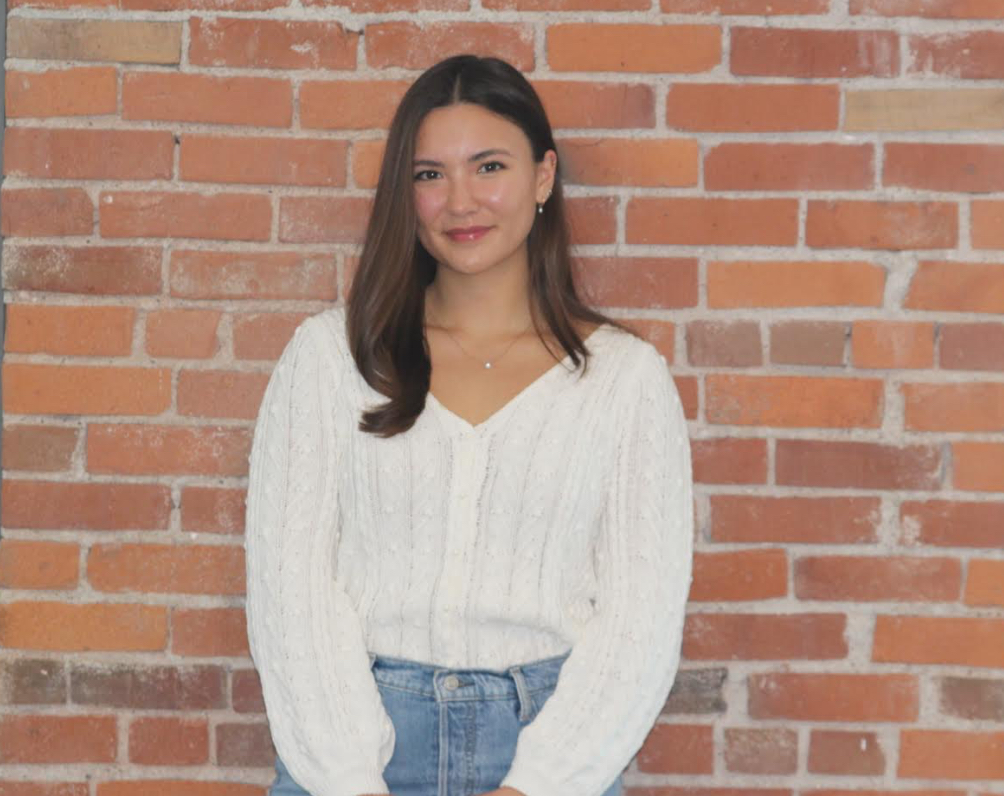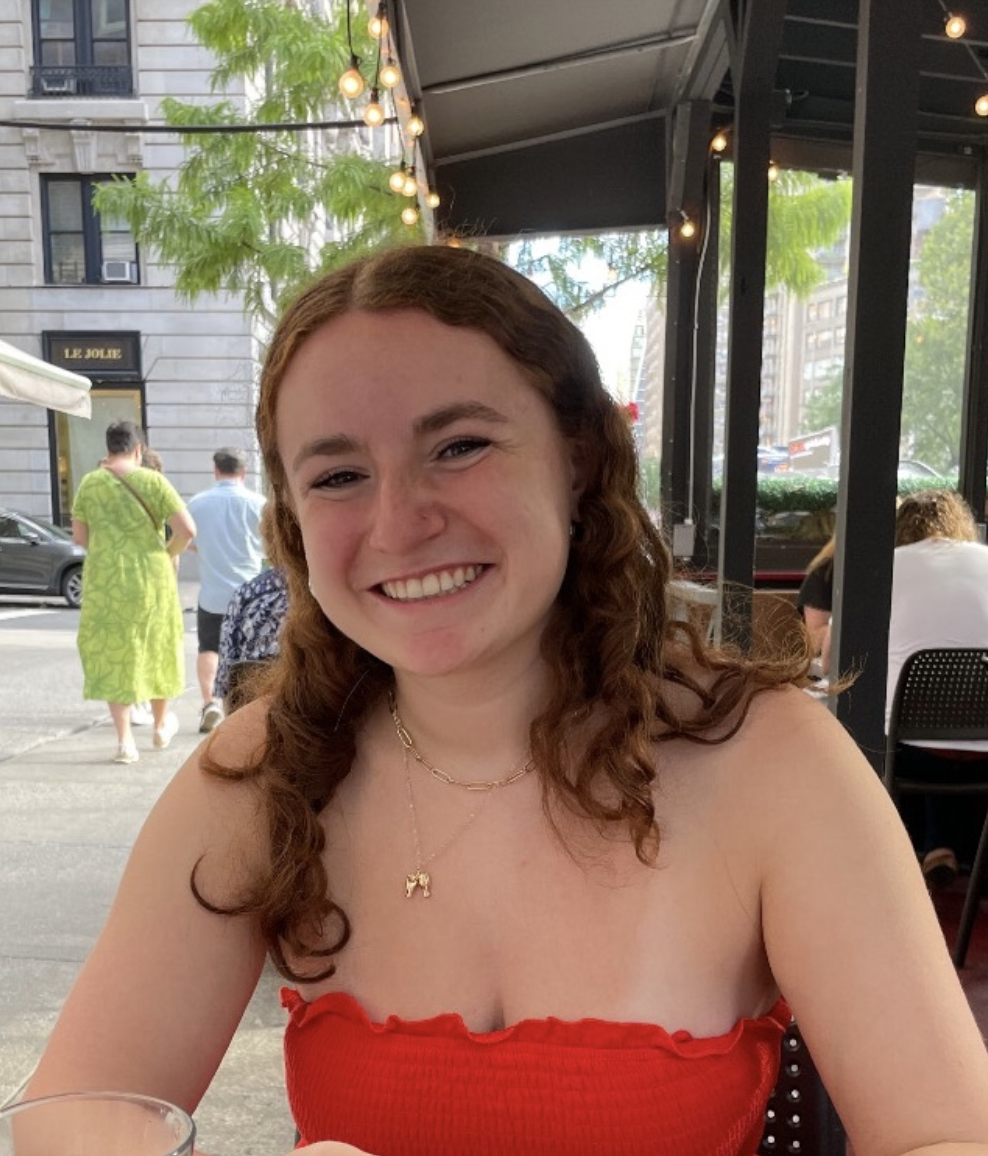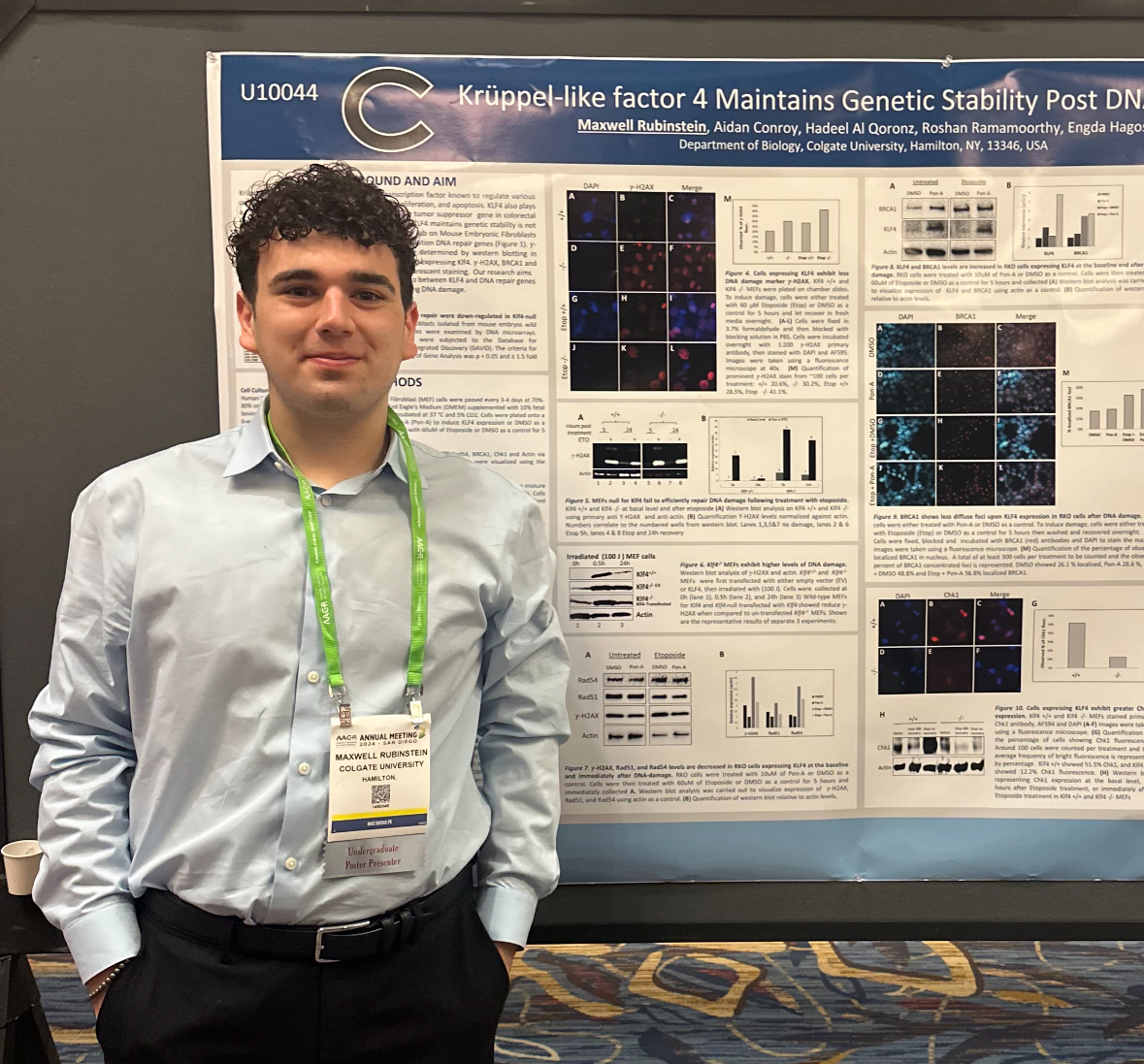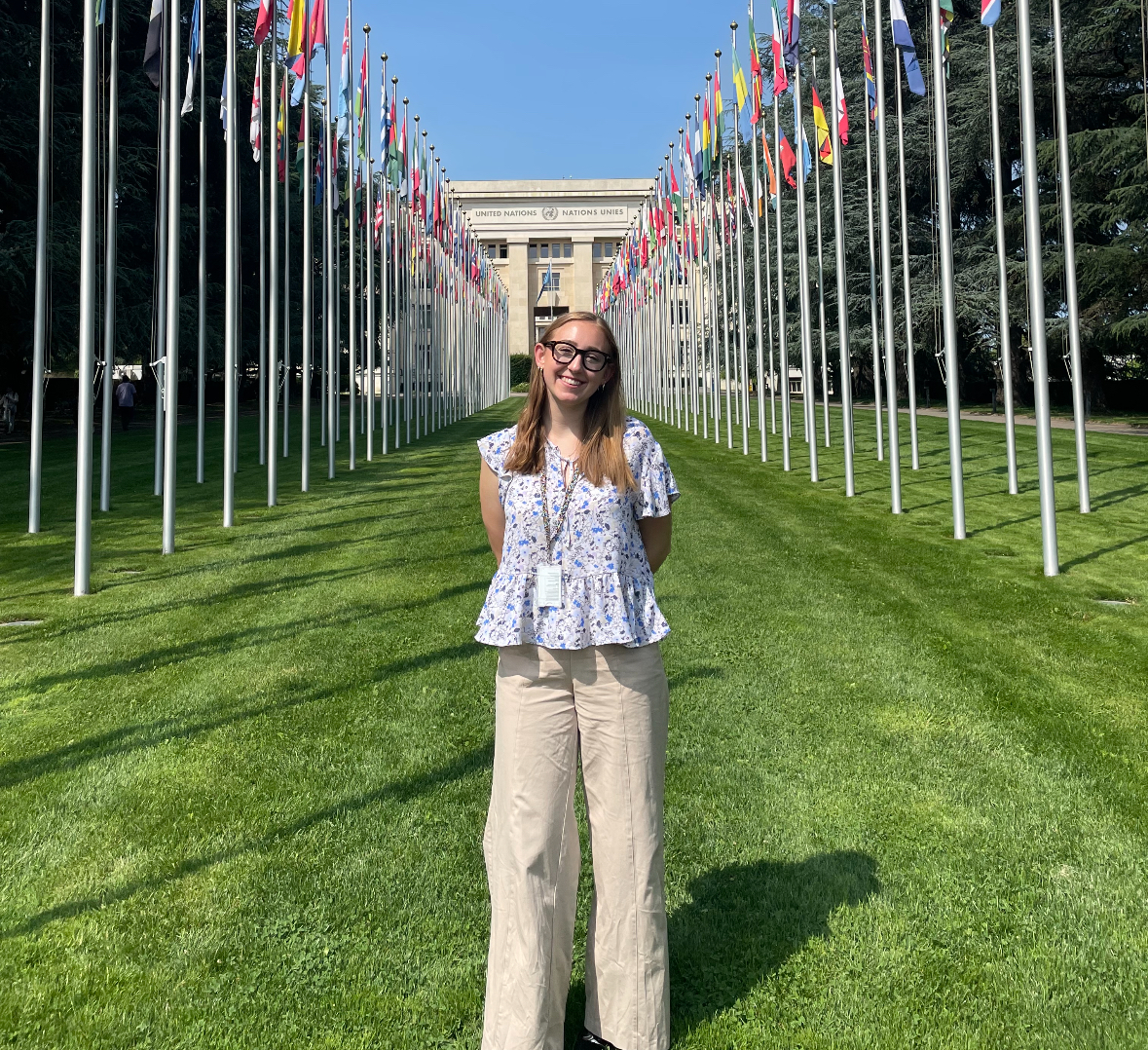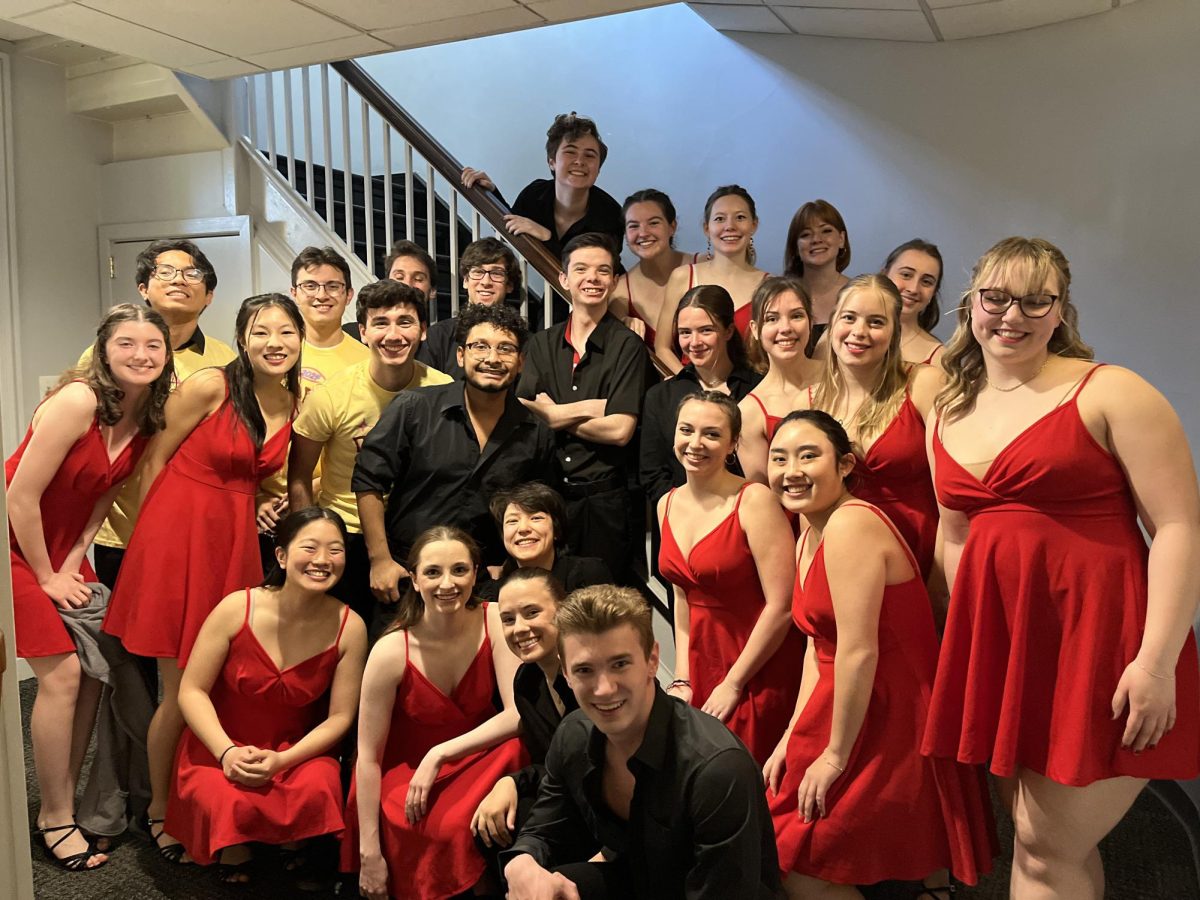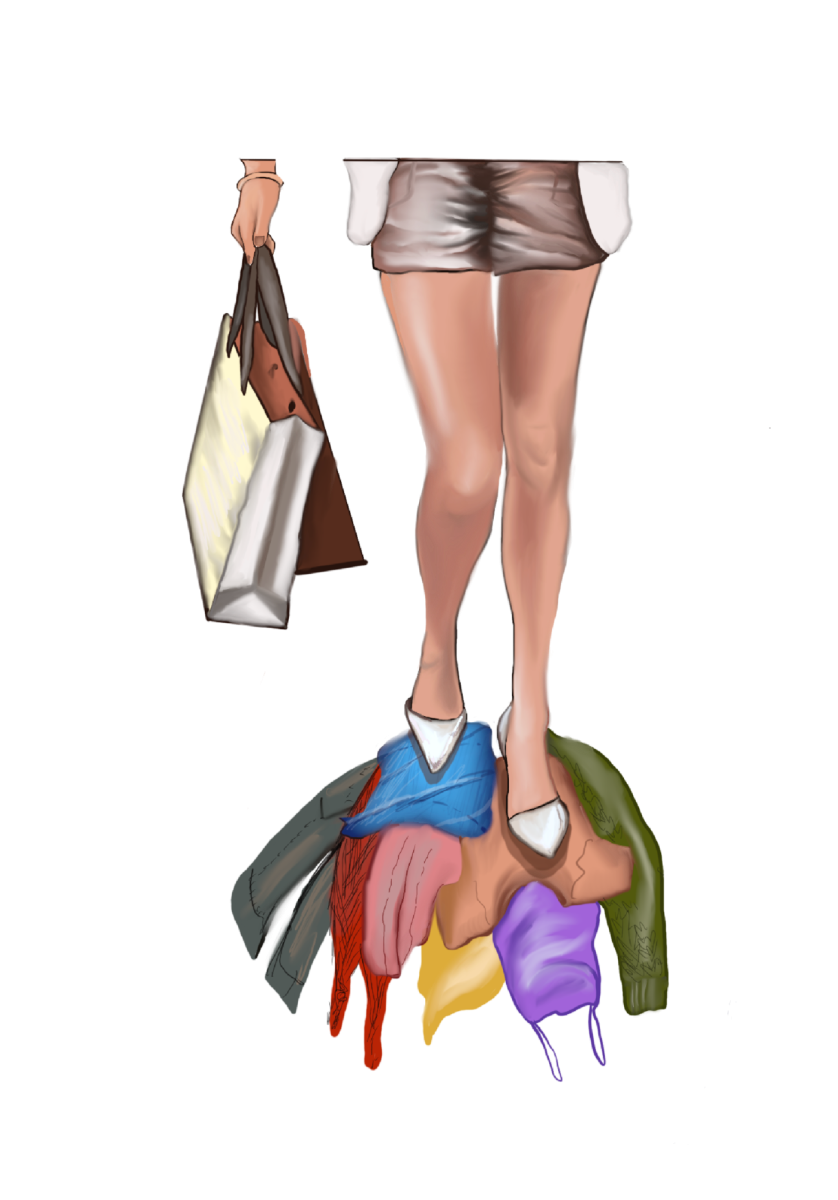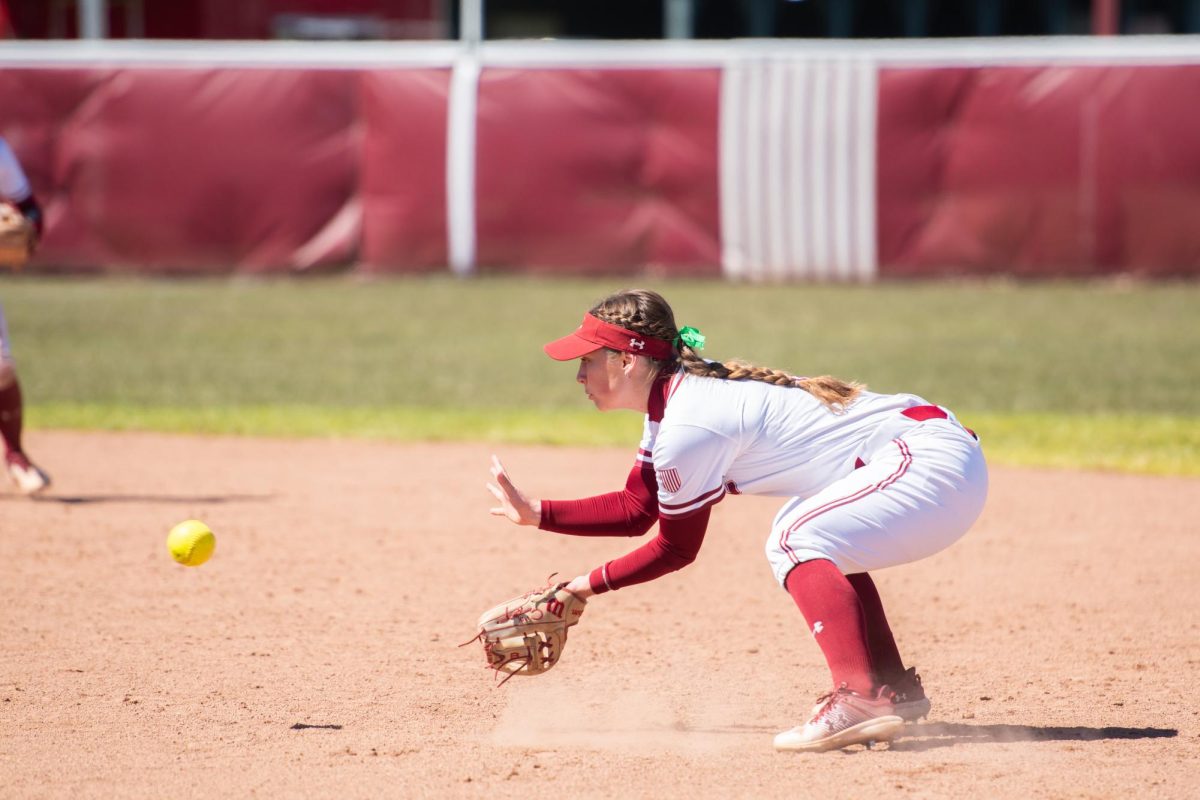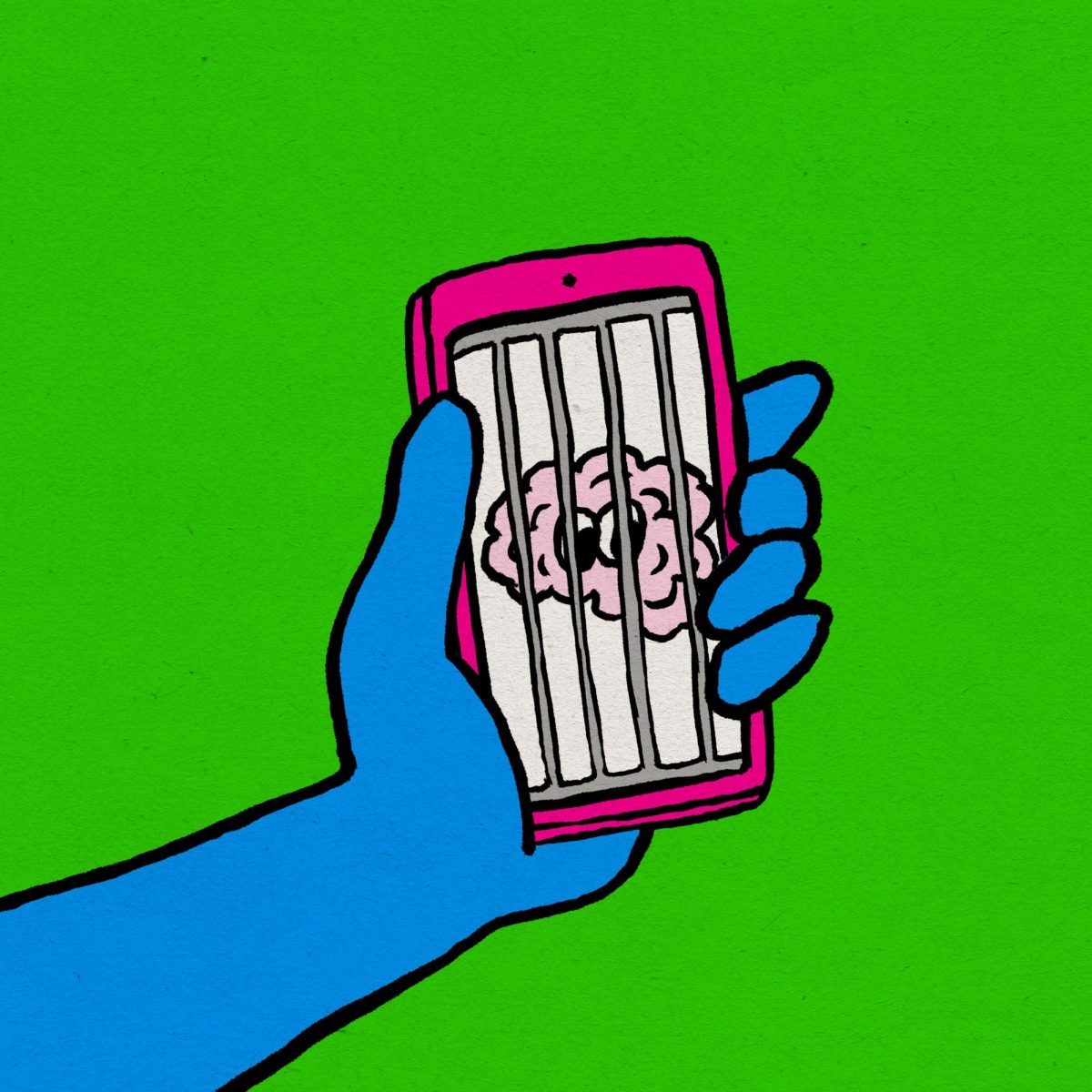The perspectives offered in Women’s Studies (WMST) courses are more intersectional than the name implies. As a women’s studies major, students study concepts of gender as a foundational element of societies and cultures, and explore how gender intersects with sexuality, race, class, ability, nationality, ethnicity, religion and age. Many within the WMST community chose to refer to it as “gender studies” to better encapsulate the wide span of perspectives covered.
Senior Israel Zarate is a women’s studies concentrator. He explained that part of why he majored in WMST was because of his mother’s background and how it speaks to gender inequality on an institutional level.
“Growing up in a single-parent household with my mother as the sole provider engendered a love and appreciation for her and people in similar situations,” Zarate explained. “Honestly, I think the reason I chose it is because I found the treatment of people like my mother unfair, and I wanted to learn more about why things were so seemingly unfair.”
Zarate continued to speak to the broader significance of the major, as it challenges students to investigate systemic gender oppression.
“Part of the reason I think WMST is so important is precisely that it allows you to question why things are ‘simply that way’ and view things from the point of view of those who society oppresses. It really allows you to empathize and practice daily acts of kindness which can go a long way in dismantling systems of operation,” explained Zarate.
Senior R Hunsicker, also a WMST concentrator, spoke to how their first-year seminar (FSEM) was their first taste of gender studies at Colgate University, and how its impact spread far beyond their knowledge of the subject.
“After taking my FSEM class with Professor Barreto, my eyes and world were opened to the thrilling possibility of studying the power structures making up gender and sexuality. I never knew it was possible – that people cared enough to explain, to defend and to educate the world on the complex realities of trans and queer bodies,” Hunsicker said.
Hunsicker’s awakening experience with their FSEM speaks to the larger significance of the curriculum, specifically for the LGBTQ+ community. Not only did this course provide an inclusive space for intersectional gender studies, but it also did not shy away from the harsh, yet important insight about the darker realities of being queer.
“Gender studies gave me the ability to learn about the history of my trans and asexual elders,” Hunsicker explained. “It gave me the ability to understand why trans and queer people get harassed and killed for just existing.”
The WMST major not only educates students about gender, but also emphasizes that all individuals are to be respected, represented and celebrated in the classroom and beyond. Hunsicker powerfully expanded upon this facet of the major.
“I truly believe that if everyone on campus took a gender studies class, the reality for oppressed bodies at Colgate would be a little kinder and a little easier,” Hunsicker concluded.
For students interested in more, the Center of Women’s Studies regularly hosts events advertised on their website.



